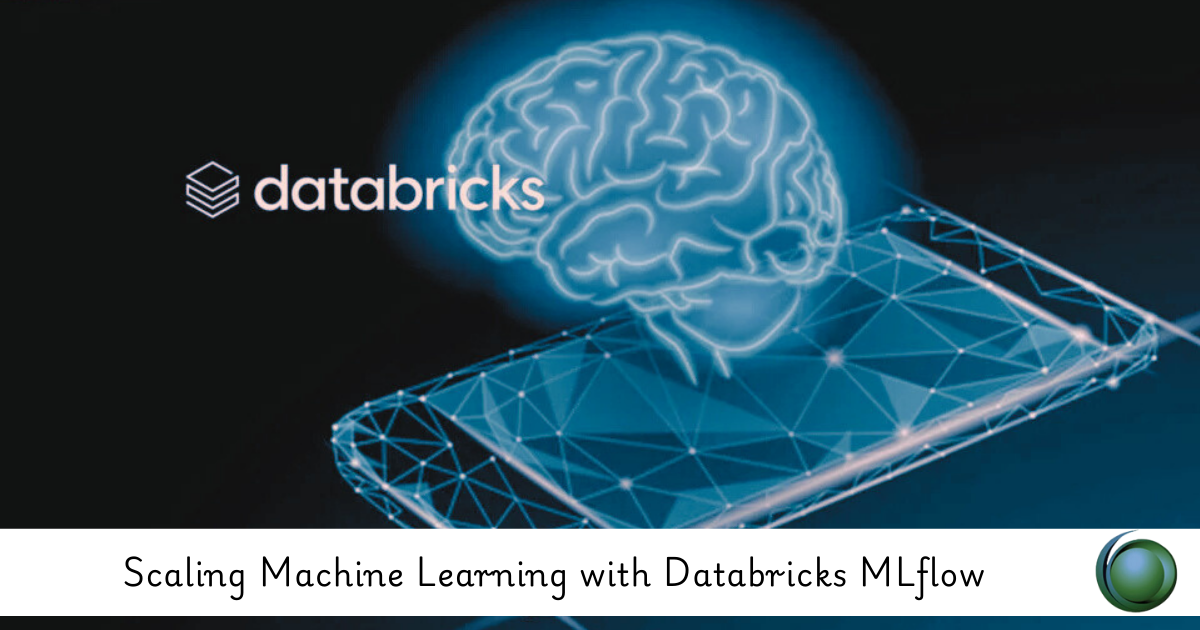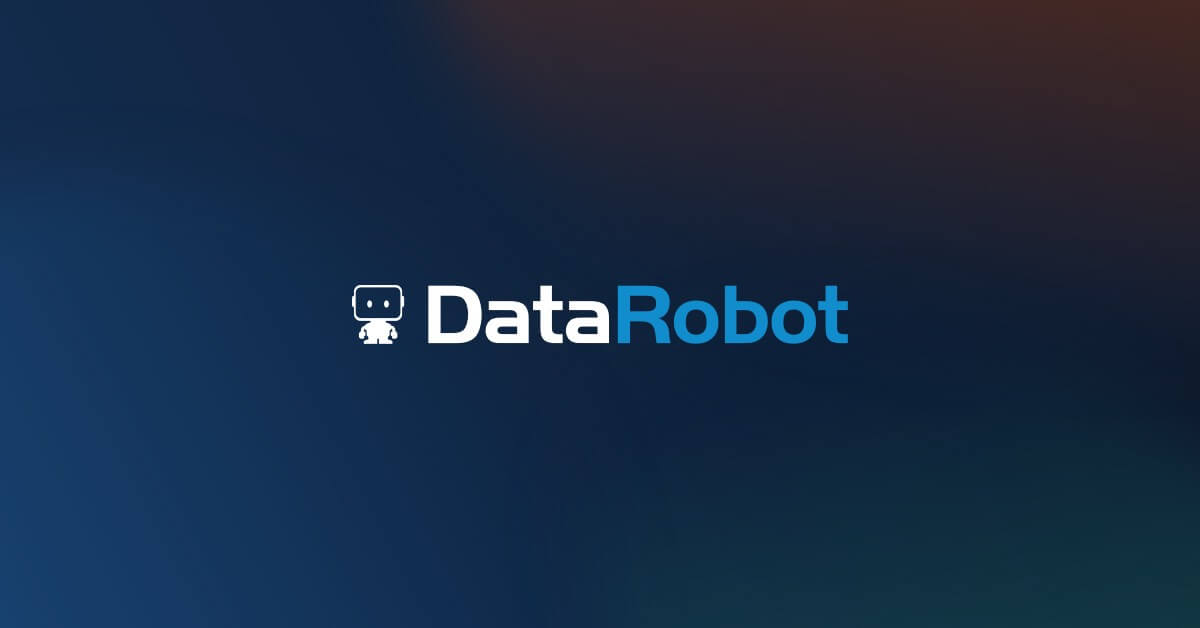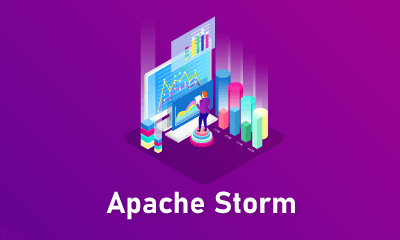1. Introduction to MLflow and Databricks
1.1 Overview of MLflow and its components: Tracking, Projects, Models, and Registry
1.2 Benefits of using MLflow in Databricks
1.3 Key features and capabilities of MLflow for scaling machine learning workflows
1.4 Setting up MLflow in a Databricks environment
2. Getting Started with MLflow Tracking
2.1 Understanding the MLflow Tracking API and UI
2.2 Logging and tracking experiments: Metrics, parameters, and artifacts
2.3 Comparing and visualizing experiment results
2.4 Best practices for organizing and managing MLflow experiments
3. Managing Machine Learning Projects with MLflow
3.1 Introduction to MLflow Projects and their structure
3.2 Packaging and sharing machine learning code with MLflow Projects
3.3 Using project templates for reproducible experiments
3.4 Running and managing MLflow Projects in Databricks
4. Deploying Models with MLflow
4.1 Overview of MLflow Models and their components
4.2 Serving machine learning models using MLflow’s REST API
4.3 Integrating models with Databricks jobs and workflows
4.4 Deployment strategies: Batch predictions, real-time inference, and APIs
5. MLflow Model Registry
5.1 Introduction to the MLflow Model Registry and its features
5.2 Registering, versioning, and managing models in the registry
5.3 Implementing model approval workflows and stage transitions
5.4 Best practices for model governance and lifecycle management
6. Scaling Machine Learning Workflows in Databricks
6.1 Techniques for scaling machine learning model training and evaluation
6.2 Using Databricks clusters and distributed computing for large-scale training
6.3 Optimizing resource usage and performance for ML workflows
6.4 Case study: Scaling a machine learning pipeline for enterprise needs
7. Advanced MLflow Features and Customization
7.1 Customizing MLflow tracking and logging for complex experiments
7.2 Integrating MLflow with custom or third-party machine learning libraries
7.3 Developing and using MLflow plugins and extensions
7.4 Case study: Extending MLflow functionality for specialized use cases
8. Monitoring and Managing Machine Learning Models
8.1 Monitoring model performance and drift over time
8.2 Implementing automated monitoring and alerting for deployed models
8.3 Managing model versions and rollbacks
8.4 Using MLflow for model performance analytics and diagnostics
9. Integrating MLflow with Data Pipelines and BI Tools
9.1 Connecting MLflow with data pipelines for continuous training
9.2 Integrating MLflow with business intelligence tools for visualization and reporting
9.3 Building end-to-end solutions that include MLflow, Databricks, and BI tools
9.4 Case study: End-to-end MLflow integration for a production use case
10. Security and Governance Considerations
10.1 Implementing security and access controls for MLflow and Databricks
10.2 Managing data privacy and compliance requirements
10.3 Ensuring secure deployment and model management practices
10.4 Role-based access and auditing with MLflow
11. Best Practices and Real-World Applications
11.1 Best practices for managing large-scale machine learning workflows
11.2 Case studies and examples of successful MLflow implementations
11.3 Common challenges and how to overcome them
11.4 Future trends and innovations in machine learning and MLflow
12. Final Project: Scaling a Machine Learning Solution with MLflow
12.1 Designing and implementing a scalable machine learning solution(Ref: Machine Learning with Java Applications in Netbeans with Weka)
12.2 Applying MLflow features for tracking, deployment, and management
12.3 Demonstrating the integration of Databricks, MLflow, and machine learning workflows
12.4 Presenting project outcomes and lessons learned
13. Conclusion and Next Steps
13.1 Recap of key concepts and techniques covered in the course
13.2 Additional resources for further learning and certification
13.3 Career advancement opportunities with MLflow and Databricks expertise
13.4 Staying current with updates and new features in MLflow and Databricks
In conclusion, this course provides a thorough understanding of MLflow and Databricks, equipping learners with the skills to effectively manage machine learning projects. Participants will gain insights into best practices, governance, and future trends in the field. By leveraging MLflow’s capabilities, attendees will be well-prepared for career advancement in machine learning and data science.
If you are looking for customized info, please contact us here
Reference







Reviews
There are no reviews yet.